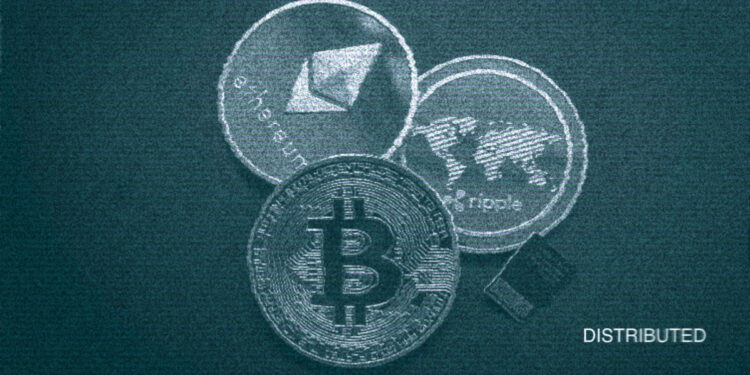- Munich Re and Boerse Stuttgart plan to offer insured crypto staking in 2024.
- Boerse Stuttgart Group obtained a crypto custody license this year.
Boerse Stuttgart Digital, the German cryptocurrency-focused subsidiary of the Stuttgart Stock Exchange, is gearing up to introduce a fully insured cryptocurrency staking service in 2024.
To enhance the safety and attractiveness of its staking service, Boerse Stuttgart Digital has partnered with Munich Re, a global reinsurance company. Together, they have devised an insurance product designed to mitigate the risks associated with slashing in proof-of-stake blockchains.
Slashing refers to the penalization of validators who violate network rules or engage in malicious activities, often resulting in the suspension or loss of staked tokens.
Boerse Stuttgart Digital is a subsidiary of the Boerse Stuttgart Group, one of Europe’s largest stock exchange groups, ranking as the sixth-largest in the region. Earlier this year, the company secured a digital asset custody license from the German financial regulator, BaFin, through its subsidiary, Blocknox GmbH.
Dr. Oliver Vins, the Managing Director of Boerse Stuttgart Digital remarked: “We are delighted about the deepened partnership with Munich Re, one of the leading and highly regarded reinsurance providers, as it lays the groundwork for delivering a highly secure and insured staking solution to institutional investors across Europe.”
“We have noticed an increasing interest from institutional investors in the staking sector, eagerly anticipating the chance to participate, provided they have complete confidence in the security of the environment.”
Top Financial Institutions Embrace Crypto
This strategic collaboration reflects the ongoing trend of established financial institutions strengthening their presence in the digital asset sector. As the cryptocurrency industry continues intertwining with traditional investment services, institutions like Deutsche Bank, HSBC, and Franklin Templeton recently ventured into various aspects of the crypto space, including custody, tokenization, and Bitcoin ETFs.
Staking is a mechanism where individuals lock up their crypto assets for a specified period to contribute to the smooth functioning of a blockchain network. In return for their participation, they receive additional cryptocurrency as a reward.
Some of the most popular cryptocurrencies that employ staking as a crucial component of their consensus mechanisms include Solana (SOL) and Ethereum (ETH). In these networks, staking is pivotal in creating a functional ecosystem. Generally, the larger the stake a validator holds, the higher their chances of adding new blocks to the blockchain and earning rewards.



